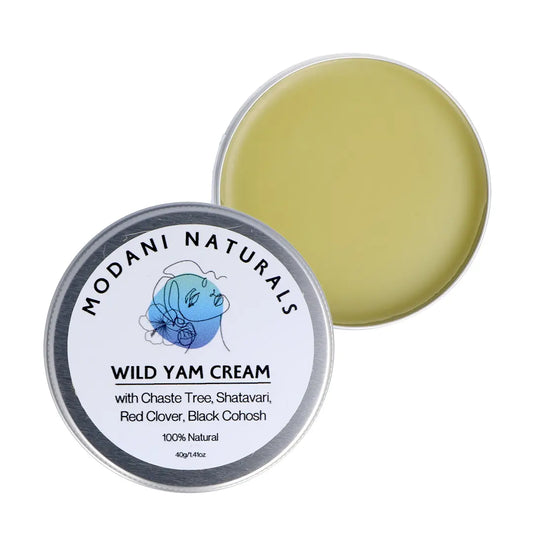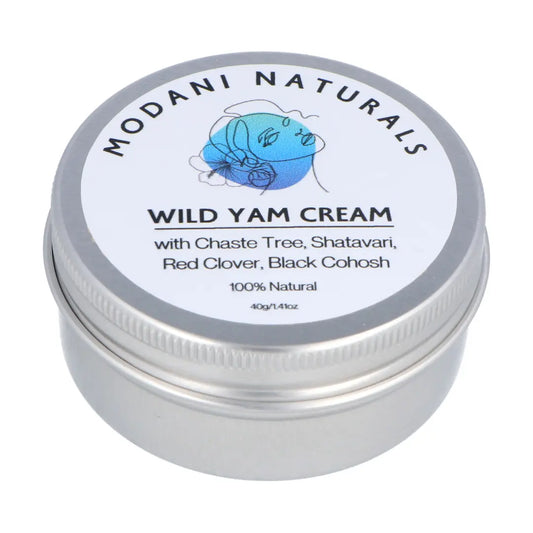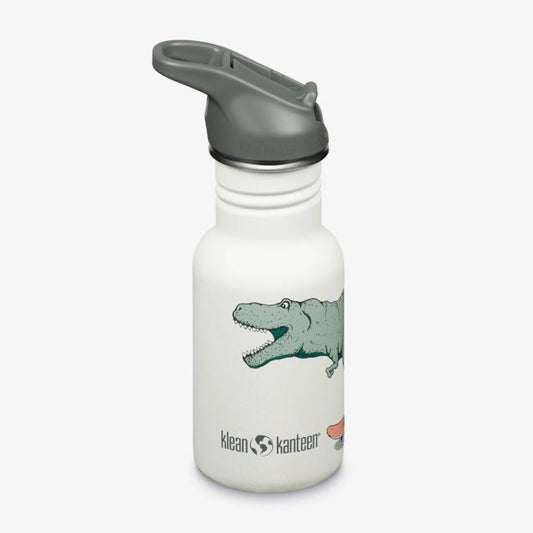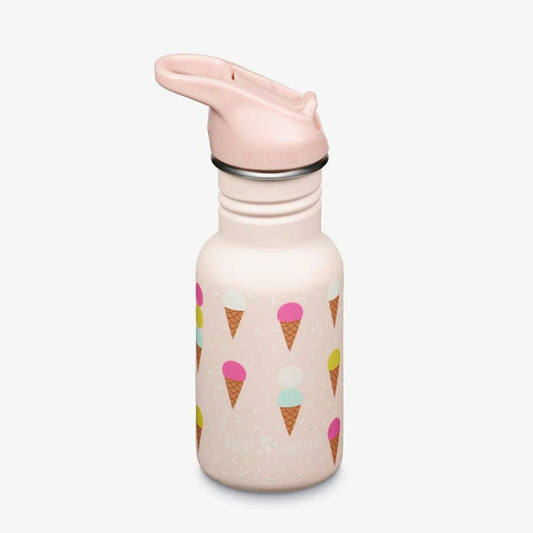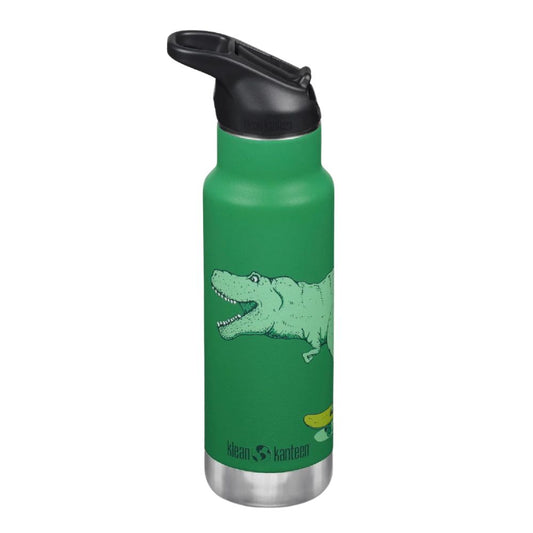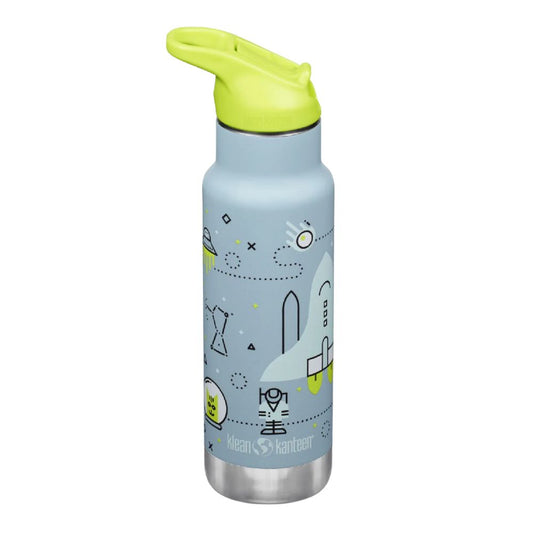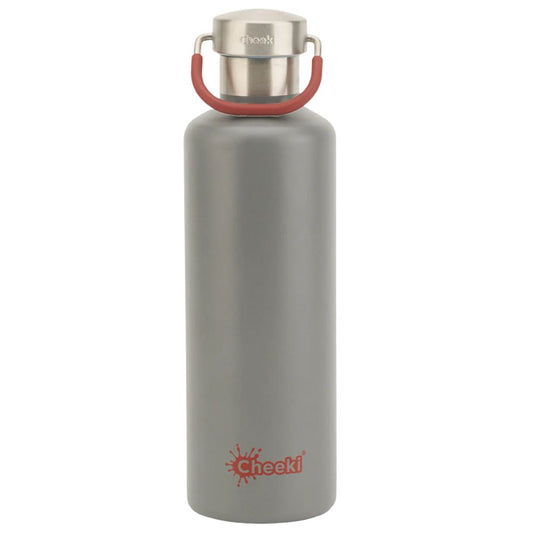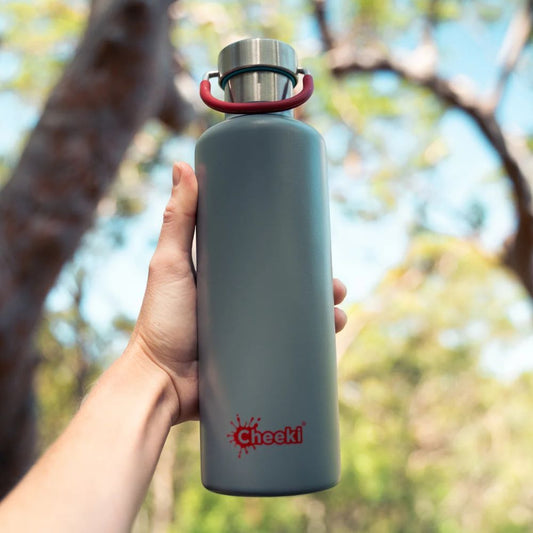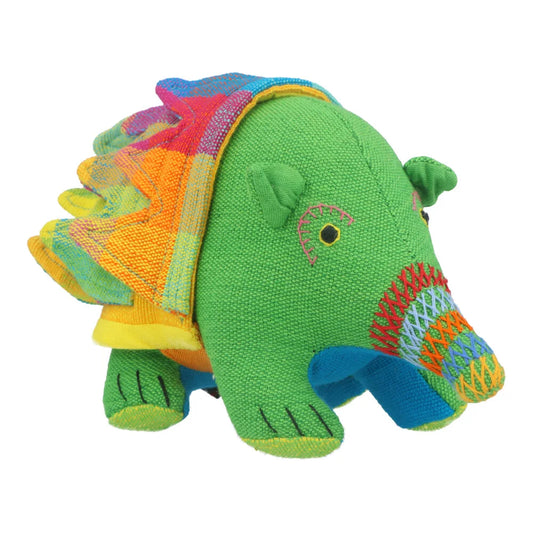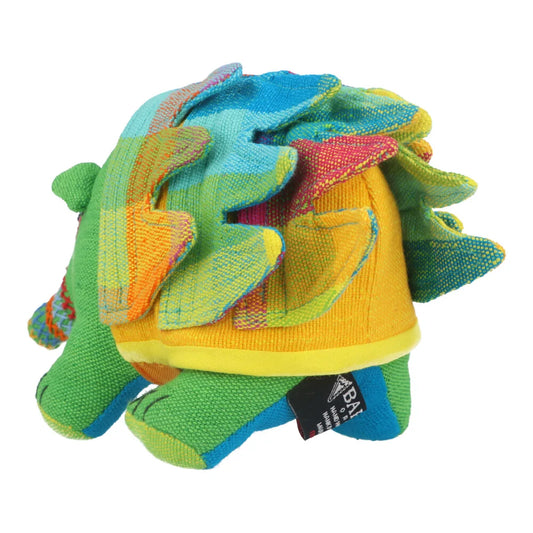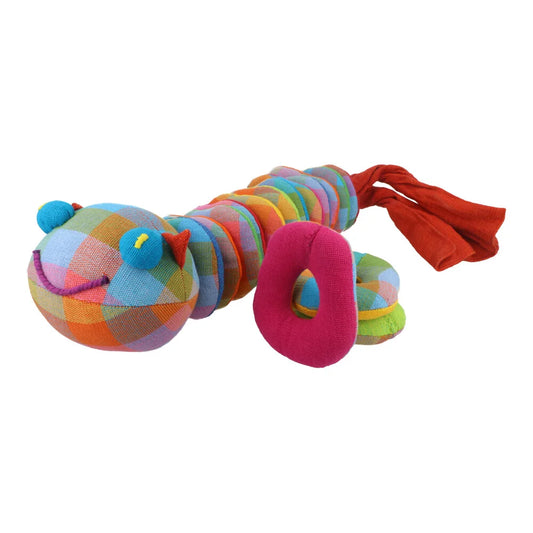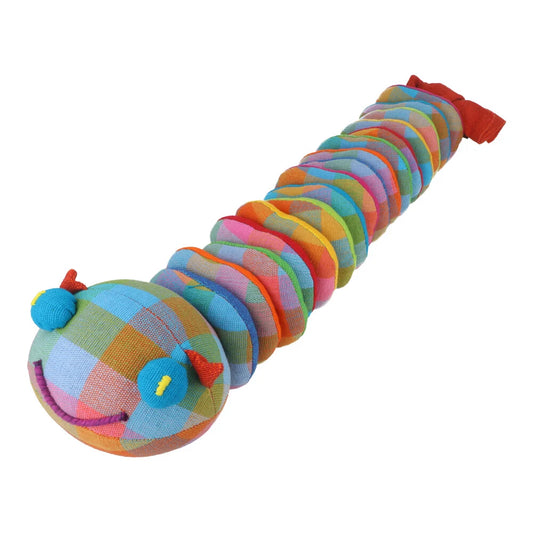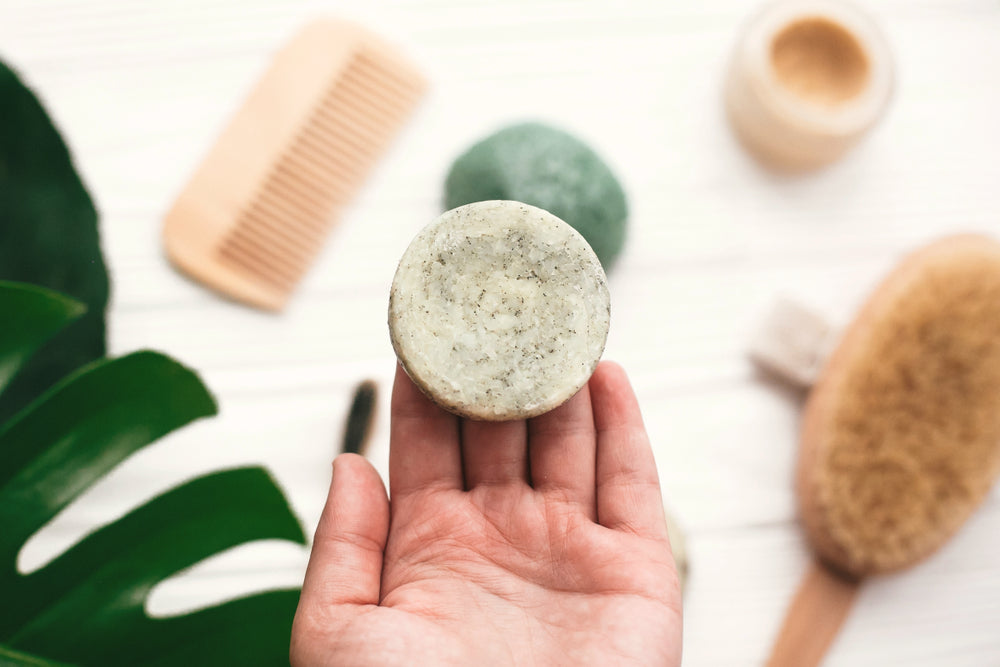
Switching to a solid shampoo bar is an excellent way to reduce plastic waste and embrace more natural ingredients. But with so many options, such as the shampoo bars available at Biome, how do you choose the right one for you?
Firstly, you need to know that there are two types of shampoo bars: soap-based and surfactant-based solid shampoos. Plus, it's important to remember that not all shampoo bars are natural, nor equal! Just like with normal liquid shampoo, many brands contain petrochemicals, synthetic fragrances, and palm oil. And, as you would with liquid shampoo, you will likely need to test a few options to find the best match for your hair.

Soap-Based Shampoo Bars
How soap-based bars are made
Soap-based shampoo bars are made through a process called saponification, where oils like olive, coconut, and jojoba are combined with a lye solution to create a solid soap. These bars often include natural additives like essential oils, clays, and herbs for extra benefits.
Performance
Soap-based shampoo bars gently cleanse the hair without stripping away the scalp's natural oils. Initially, your hair may go through a transition period, feeling oily or waxy as it detoxes from synthetic chemicals. However, once your scalp balances, many people find their hair healthier and more manageable. These bars are also known for promoting better scalp health, reducing irritation and dandruff, and regulating oil production. After transitioning, users often report less frequent washing is needed, and their hair becomes softer, shinier, and more voluminous.
How to use them
You generally don’t need conditioner with a soap-based shampoo bar, but some people prefer an Apple Cider Vinegar rinse to leave hair soft and manageable. The transition period might require some patience, but many find they can wash their hair less frequently after switching.
Advantages
- Made from all-natural, close-to-nature ingredients (but check the ingredients to ensure they are synthetic free).
- Helps balance the scalp’s natural oils, promoting healthier hair and scalp over time.
- Particularly good for sensitive and itchy scalps.
- Reduces the need for frequent washing.
- Free from synthetic chemicals, reducing exposure to harsh ingredients.
- Better moisture retention, leaving hair soft and nourished.
- Minimal packaging and waste.
Disadvantages
- Adjustment period with potential for oily or waxy hair initially.
- Not ideal for very hard water, which may leave residue.
Soap based bars available at Biome
Beauty & The Bees shampoo bars are the original shampoo bars and a long time Biome favourite.
Surfactant-Based Shampoo Bars
How surfactant-based bars are made
Surfactant-based shampoo bars are essentially a solidified version of liquid shampoo. Surfactants are a type of detergent like Sodium Coco Sulfate or Sodium Cocoyl Isethionate. These bars are designed to lather and cleanse just like liquid shampoo, but in solid form. Despite the 'coco' in the name these ingredients are not always derived from coconut oil. In many cases these ingredients are derived from palm oil, or a mix of coconut oil and palm oil.
Performance
These shampoo bars provide a cleaner rinse with no sticky or waxy feeling, making them ideal for those who didn’t adjust well to soap-based bars. Like detergent, they are especially effective at removing oil and dirt from your hair without leaving buildup. Plus, they perform well in all water types, including hard water, where soap-based bars might leave residue.
How to use them
Unlike soap-based bars, surfactant-based bars usually require a follow-up with a solid conditioner to keep your hair moisturised.
Skipping conditioner may result in dry, straw-like hair, so it’s important to pair it with a complementary conditioner.
Advantages
- Consistent results in hard water: They perform effectively in all water types, including hard water, with no residue.
- Effective cleansing: They deeply cleanse hair, removing dirt and oil without leaving a sticky or waxy feeling.
- Rich lather: Provides a luxurious lather that mirrors the experience of liquid shampoo.
- Versatility for hair types: Suitable for a wider range of hair types, including oily, fine, or color-treated hair.
- No adjustment period: Immediate familiar feel with no detox phase required.
Disadvantages
- Made from lab-created semi-synthetic surfactants, even if derived from natural sources.
- Requires conditioner to prevent dryness.
- Some surfactants are palm oil-derived, though Biome ensures all are palm oil-free and coconut-derived.
Surfactant based Shampoo bars available at Biome
Choosing the Right Bar for You
If you prefer a natural approach with better long term scalp health and don’t mind a brief adjustment period, a soap-based shampoo bar might be the best option for you.
However, if you’re looking for a solid alternative to liquid shampoo with a familiar feel and no transition period, then a surfactant-based bar paired with a conditioner is likely a better fit.
Whichever you choose, both options help reduce plastic waste and harmful ingredients from your hair care routine, allowing you to enjoy cleaner, greener beauty!
FAQ's
Do you need to use a conditioner with a shampoo bar?
It depends on the type of shampoo bar you choose.
typically don't require a conditioner. They are gentle and help balance the scalp’s natural oils, but many people benefit from an apple cider vinegar rinse to enhance softness and manageability.> Surfactant-based shampoo bars, on the other hand, usually require a conditioner. These bars are designed like solid liquid shampoos and may leave your hair feeling dry without a follow-up conditioner.
To make an apple cider vinegar rinse, mix 100ml apple cider vinegar with 400ml warm water in a jug. Pour over hair and then rinse thoroughly with water.
Why do people love traditional soap-based shampoo bars?
Once your hair adjusts to a soap-based shampoo bar, many people find their hair and scalp healthier and more balanced. Here’s why:
- Scalp Health: Soap-based bars cleanse without stripping the scalp of its natural oils, which can help reduce dandruff and irritation.
- Natural Oil Regulation: Over time, your scalp regulates oil production, which often leads to less frequent washing.
- Gentler on Hair: Free from harsh chemicals, these bars nourish hair with natural oils and ingredients, leaving it soft and less prone to damage.
People who switch often find their hair shinier, softer, and more voluminous once their scalp has detoxed and balanced itself. With continued use, many experience improved moisture retention, as the natural oils in the bars promote hydration without build-up. Soap-based bars also help maintain the hair’s natural pH balance, contributing to overall healthier hair and scalp. Additionally, people who have transitioned report reduced frizz and a smoother texture, making it a great long-term choice for healthy, well-nourished hair.
This makes soap-based bars a favourite for those seeking long-term benefits and a more natural, eco-friendly hair care routine.
What do people not like about using shampoo bars?
People often encounter a few challenges when switching to shampoo bars, which can influence their overall experience and satisfaction. Here are some common issues people might not like about using shampoo bars:
Adjustment period: One of the most significant hurdles with soap-based bars is the transition period. As the scalp adjusts from synthetic shampoos to natural bars, hair might initially feel waxy, greasy, or heavy. This transition can last a few weeks and may discourage users who don't see immediate results.
Usage technique: Shampoo bars require a different technique than liquid shampoos. Properly applying a bar directly to the hair or lathering it in the hands first can be a learning curve. Some find this method less convenient or effective at first.
Water type compatibility: Shampoo bars, especially soap-based ones, can react differently depending on the hardness of the water. In hard water areas, soap bars may leave a residue that makes hair feel stiff or tacky, which can be frustrating.
Shower storage and durability: Keeping the shampoo bar dry between uses is essential to prevent it from becoming mushy or dissolving too quickly. Having somewhere to leave the bars in your shower is a concern for some.
Users need to invest in a good drainage soap dish or soap holder to manage the bar's integrity over time.
Cost per use: Although shampoo bars can be cost-effective over time, the initial price per bar can be higher than liquid shampoo, which might deter some users.
What do people love about using a shampoo bar?
Here are some highlights from a survey of Biome customers::
They work great and take up less room while travelling.
Are there different shampoo bars available for different hair types and concerns?
Yes, there are different shampoo bars available that cater to various hair types and concerns. Manufacturers have developed a wide range of formulations to address specific needs, just as they have with traditional liquid shampoos. Here are some common types of shampoo bars designed for different hair needs:
Moisturising Bars: Formulated for dry or brittle hair, these bars often contain natural oils like coconut, argan, or jojoba and ingredients like shea butter to help moisturize and nourish the hair.
Volumising Bars: Ideal for fine or limp hair, these bars may include ingredients like sea salt or lemongrass, which help to add volume and lift at the roots without weighing hair down.
Balancing Bars: Designed for those with oily hair or scalp, these bars might incorporate clay, charcoal, or citrus oils that help to regulate oil production and keep the hair feeling clean longer.
Anti-Dandruff Bars: Targeting scalp health, these bars might contain tea tree oil, neem, or peppermint, which have antifungal and antibacterial properties to help manage dandruff and soothe scalp irritation. Biome's Ditch the Dandruff is our best selling shampoo bar with loads of five star reviews like this one:
Been struggling with dandruff the past few years. After shampooing my entire scalp would become extremely itchy and after getting out I would have bits of flaky skin in my hair while it was still wet. Saw this shampoo while in store buying a deodorant and decided to give it a try. Never used a bar of shampoo before so that was new but am enjoying it. Noticed a difference from the first use, I only get the slightest itch now after using and have significantly less dandruff. It foams up really easily and the bar will last a while.
Bars for Sensitive Scalp: Free from fragrances and harsh chemicals, these bars are made with gentle ingredients suitable for those with scalp sensitivities or allergies.
Colour-Preserving Bars: Specifically formulated for colour-treated hair, these shampoo bars are often gentler and designed to prolong the life of hair dye and prevent colour fading. The Ethique Purple Shampoo bar and conditioner are very popular.
Curl-Defining Bars: These bars are rich in moisturizing ingredients that help define curls and reduce frizz, making them suitable for curly or wavy hair.
Detox Bars: Created to remove build-up from products or hard water, detox bars often include ingredients like apple cider vinegar or activated charcoal.
By choosing a shampoo bar that’s specifically formulated for their hair type or concern, users can enjoy benefits tailored to their particular needs, just as they would select a specific type of liquid shampoo.





